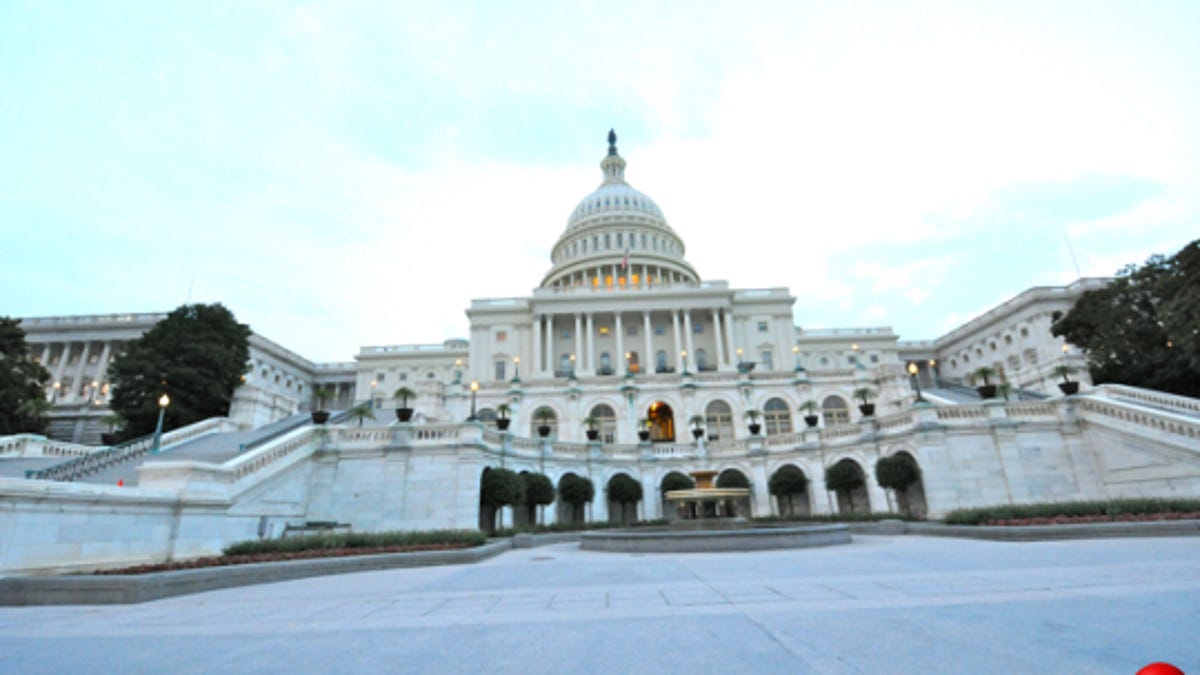Congress moves to outlaw 'mystery charges' for Web shoppers
Senate passes bill this week that tries to close door on unscrupulous Web retailers and marketers who charged credit cards without the expressed say-so from cardholders.

Legislation that makes it illegal for Web merchants and so-called post-transaction marketers to charge credit cards without the card owners' say-so came closer to becoming law this week.
A bill known as the "Restore Online Shoppers' Confidence Act" passed on Tuesday in the U.S. Senate. The law will make it illegal to use "misleading post-transaction advertisements" and require marketers to clearly disclose the terms of their offers. Merchants and marketers must now "obtain billing information, including full credit or debit card numbers," directly from card holders. The legislation was the government's answer to one of the blackest episodes in e-commerce's brief history.
A Senate investigation last year found that marketing companies Webloyalty, Affinion, and Vertrue paid dozens of some of the Web's best-known retailers to help dupe shoppers into signing up for loyalty programs that enabled the marketers to walk away with over a $1 billion.
Shoppers at Buy.com, or the Web sites of Avon, Spirit Airlines, Live Nation, Shutterfly, Hotwire and MovieTickets.com, would be presented with an ad as they neared the end of a transaction. At a point when they just want to pay and complete their purchases, the shoppers would be offered a free service or product. At a glance, it appears that all they had to do to receive the free offer was provide their e-mail address. The full terms, notifying them that by supplying their e-mail address they were agreeing to pay a monthly fee to join a loyalty program, was buried in the fine print.
Few if anyone ever collected the discounts.
Senate investigators unearthed documents that showed the strategies employed by these post-transaction marketers were set up to bamboozle the consumer from start to finish. For example, the people who discovered the mystery charges on their statements had nowhere to go to find out why their cards were being charged other than the marketers.
This meant that the misled were seeking help from the people who misled them. The Web is filled with complaints and horror stories from people who went through this process. Typically, the unhappy shopper would phone the marketer to find out what they were being charged for and would get the runaround. What they most often wouldn't get from the marketers was all their money refunded or answers about which retailer had hung them out to dry.
The marketers banked on three factors: the trust that people had in the retailers, the mistaken belief of many consumers that their credit cards couldn't be charged if they didn't key in the numbers themselves, and the fact that many people don't check their credit card statements.
The scheme snagged a wide range of people, including doctors, soldiers, lawyers, electricians, and plenty of tech savvy shoppers. It also roped in the elderly, the sick, and inexperienced Web shoppers.
CNET reporter Josh Lowensohn, a long-time Web shopper, got hit last year. During a Senate hearing on this issue, lawmakers heard from an Army veteran, who was severely wounded in Iraq and had lost money as a result of these programs.
Anyone who ran across these ads was up against a legion of mathematicians, and quantitative analysts. These "quants" as they are called, were hired by the marketers to use shopping data against consumers, according to a source who once worked for two of the marketers. The former employee said that the companies could predict with a high-degree of accuracy how many people were likely to get pulled into their system over a given time. The marketers were sophisticated enough to know how many people would provide their e-mail addresses depending on how the word "free" was presented in ads. They knew the ranges for how many people would complain, or how many people would just cancel their credit cards once they discovered the charges and wouldn't try obtaining a refund.
The man said there was always an embarrassment factor that the companies tried to play on. Customer service personnel employed by the marketers were instructed to strictly follow a script when dealing with angry customers. The scripted responses were designed to try and turn the responsibility of the unwanted charges back on the consumer, the source said.
One of the other data that the marketers tracked very closely, according to the former employee, was how many people requested a refund from their credit-card company. Merchants who generate too many of these refunds will get booted from Visa and MasterCard's systems. But these security measures are easily overcome, as we've seen recently.

